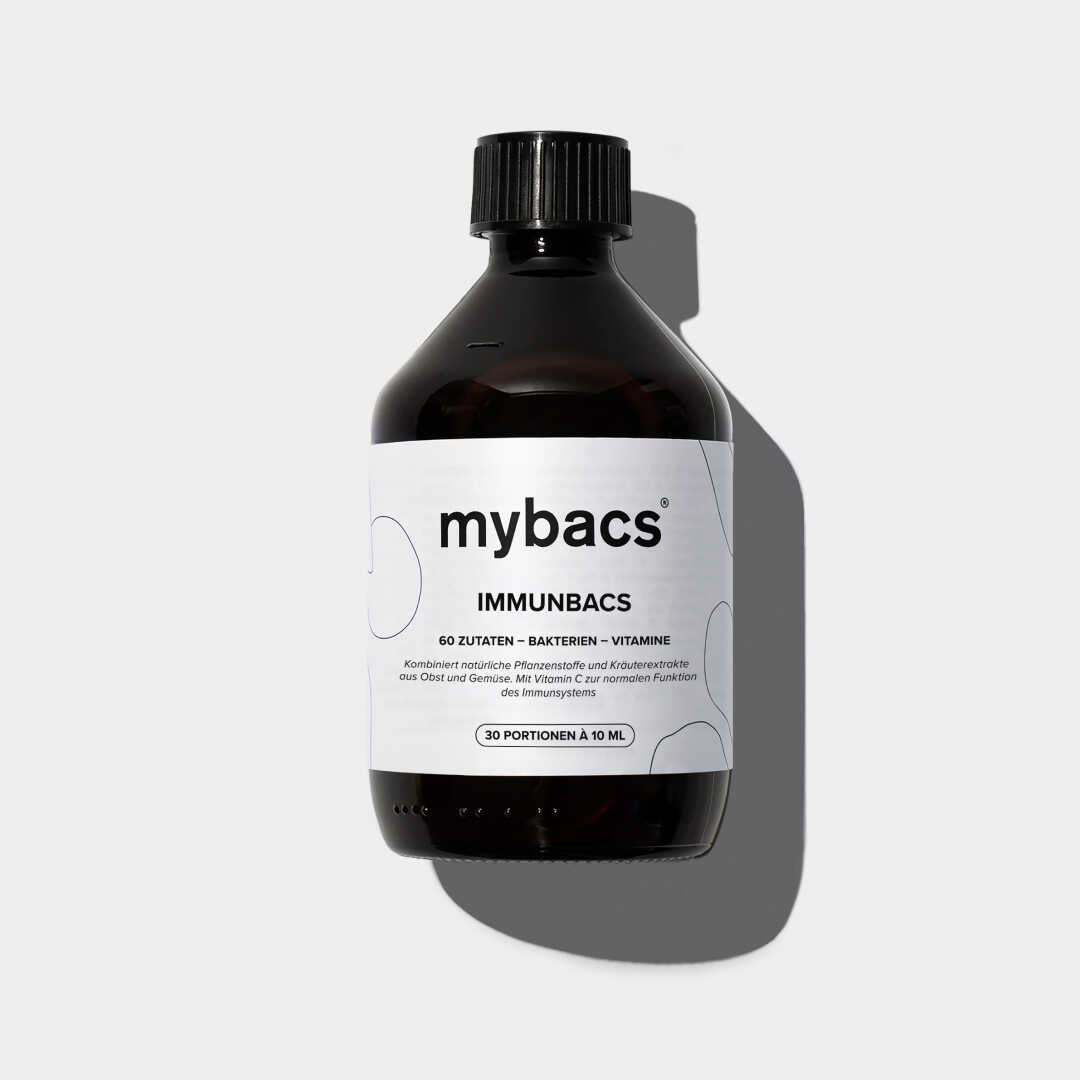Fatigue is a normal condition that everyone experiences. While fatigue is often the result of lack of sleep, stress, or exertion, there are also other causes of physical weakness. Here, we'll explain how to differentiate between them and what you can do to combat fatigue.
What are the causes of fatigue?
One of the most common causes of fatigue is lack of sleep, which is why regular and sufficient sleep is essential. Other causes include lack of exercise, stress, overwork, and possible electrolyte or iron deficiencies in the body. The latter is particularly common in women due to blood loss during menstruation. Chronic illnesses or the use of certain medications can also be the cause of fatigue. It is also important to know your own sleep-wake rhythm, also known as the circadian rhythm. This ensures that the body performs various physiological functions in a 24-hour cycle, independent of external factors. This includes (deep) sleep, digestion, temperature and blood pressure regulation.
Sleep-wake disorders are among the most common health complaints and are caused by disruptions to the 24-hour rhythm. These include sleep disturbances that affect not only the duration of sleep, but also deviations from a normal sleep cycle, as well as difficulty falling asleep and staying asleep. Persistent fatigue or sleep problems can lead to serious health problems. Consequences include an increased risk of chronic diseases, heart attacks, high blood pressure, and type 2 diabetes mellitus, as well as a weakened immune system.
Regardless of the cause, fatigue is a sign of a lack of sleep, fluids, oxygen, exercise, or other factors the body needs to function. So, if you don't feel like you're getting enough sleep, drinking enough water, or can't find any other identifiable cause for persistent fatigue, we recommend you consult a doctor.
Is midday fatigue completely normal?
It's normal to experience a midday low, often after lunch—this is also related to the 24-hour rhythm. There's a physiological reason why the body becomes tired at midday. After lunch, more blood needs to be pumped into the gastrointestinal tract for digestion; this blood is then lacking in the brain and muscles. This results in a loss of concentration and an overall feeling of fatigue.
What are the reasons for concentration difficulties?
One of the most common causes of concentration problems is stress. Worry, anxiety, and emotional problems can make it even more difficult to focus on the task at hand. Especially in the age of social media, our attention span has decreased dramatically. We are increasingly easily distracted by external stimuli and the barrage of information from all sides, and we have trouble concentrating for extended periods. The length of time we can concentrate varies from person to person and also depends on the person's age – for example, adults have an attention span of about an hour. Tiredness, of course, also causes concentration problems.
What helps against fatigue and concentration problems
The first thing to mention here, of course, is sleep. Sleep is known to be the best medicine, and the body needs it for continuous regeneration and therapy.
There are many things you can do to improve or even prevent concentration problems that are not caused by illness.First and foremost, you should pay attention to a balanced diet to ensure your brain is supplied with all the nutrients it needs. Drinking 2-3 liters of fluids daily is also recommended. And at work, take short breaks and get up from your desk regularly—this helps you perform better over longer periods of time! Effective stress management is also a way to improve concentration problems—yoga, meditation, progressive muscle relaxation, exercise, journaling, and many other things can help you relax.
To combat acute fatigue, exercise is always a good idea. A short walk in the fresh air refills the lungs with oxygen and gets the circulation going! Coffee is often used to combat fatigue because the caffeine gives the body an energy boost. Caffeine binds to receptors in the body that are normally bound by adenosine. This inhibits stimulating neurotransmitters in the body. So, when the receptors for adenosine are bound by caffeine and not by adenosine, these stimulating neurotransmitters have free rein, and all the effects of coffee are released. You can find more information on this topic in our previous blog postAlternatively, you can also use our Bright Awake Add-On, which, with its unbound caffeine, is a real pick-me-up. Unbound caffeine is the active ingredient found in regular coffee. "Unbound" is a bit misleading, as it is still bound to a so-called "chlorogenic acid potassium complex." Upon contact with stomach acid, however, the caffeine is released directly. The capsules without unbound caffeine also contain caffeine, but in a bound form. Here, the caffeine comes from plant extracts such as matcha and guarana. The caffeine is attached to polyphenols, so it is only released in the intestines. While the effect is later and gentler, it also lasts longer, so you don't experience a "low" after consumption. Another advantage is that the negative aspects of coffee, such as restlessness and nervousness, are not present. Learn more about our Bright Awake AddOn.





